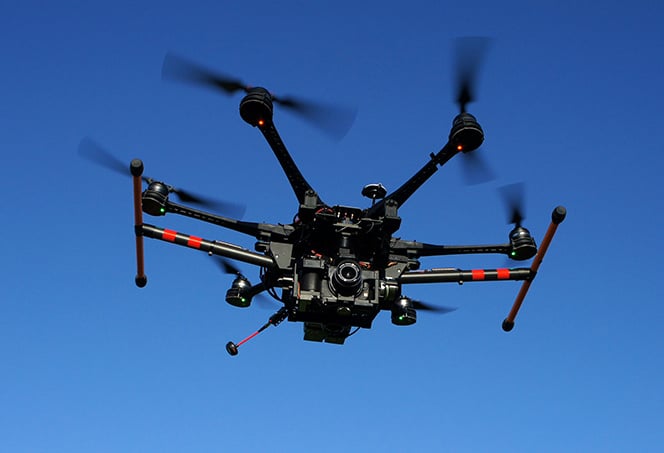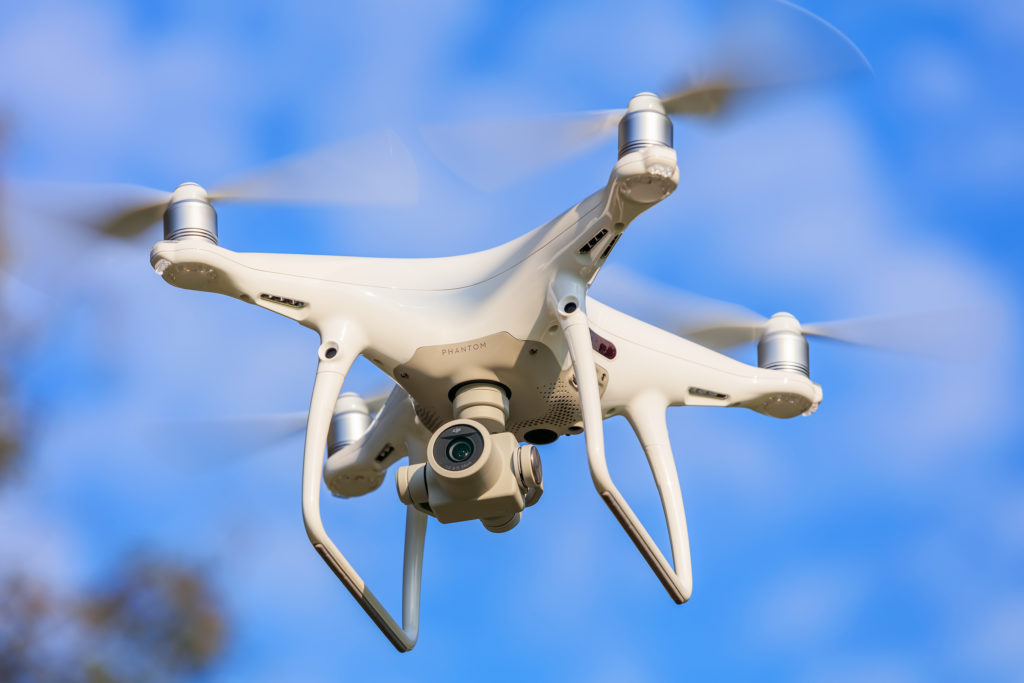How Much Do Drone Photographers Make? Shocking Insights Here
As the world of photography continues to evolve, one of the most remarkable additions to the scene has been drone photography. Many professional photographers are now venturing into this thrilling domain, but a common question persists: how much do drone photographers make? This inquiry goes beyond mere numbers; it delves into the factors influencing this income, the essential skills needed, and the potential opportunities available for photographers willing to adapt to technological advancements.
Before diving into the specific figures, understanding the technology behind drones and the skill sets required will offer a clearer picture. In this article, we will cover everything from the basics of drone photography earnings to the intricacies involved in building a successful career in this field. Sit back, as we unpack the captivating world of aerial photography!

The Income Spectrum in Drone Photography
The question of how much do drone photographers make is layered. On average, drone photographers can earn anywhere from $25,000 to over $100,000 annually, depending on various factors such as experience and geographical location. According to salary surveys and industry reports, those just starting might find themselves at the lower end, while seasoned professionals or specialist service providers can command premium rates.
Factors Influencing Drone Photographers' Earnings
The income of drone photographers varies greatly based on several key factors:
Experience and Skill Level
As with most professions, the level of expertise greatly impacts income. Introduced to this technology, beginner drone photographers may charge lower rates as they build a portfolio, while those with extensive experience can command much higher fees.
Geographical Location
Location plays a significant role in determining earnings. Drone photographers operating in urban areas with higher demand, such as major cities, often earn more compared to those in rural locations. Different regions may also have varying regulations affecting the number of job opportunities.
Industry Focus
Many drone photographers specialize in specific industries. For instance, real estate photographers often earn high fees due to the competitive nature of the market. Other industries like tourism, events, and agriculture may have different price points as well.
Understanding the Cost Structure
Professional drone photography isn't just about collecting fees for services rendered; it involves understanding an overall cost structure. Photographers should consider the following:
Initial Investments
The cost of purchasing a high-quality drone can vary significantly, with prices ranging from $200 to several thousand dollars. Investing in a reliable drone, camera equipment, and software is essential for quality output.
Ongoing Expenses
Aside from the initial investment, drone photographers have ongoing costs, such as licensing, repairs, insurance, and maintenance. Understanding these costs allows for proper pricing strategies.
Building a Client Base
To significantly increase income potential, drone photographers should focus on building a solid client base. Here are strategies for attracting clients:
Networking
Engaging with other professionals in related industries can open doors for referrals and joint projects. Attend events, conferences, and workshops to connect with potential clients.
Online Presence
Utilizing social media platforms and creating a visually appealing website showcasing a portfolio can enhance visibility. Highlight past projects, collect testimonials, and share client success stories to attract attention.
Future Trends in Drone Photography
The future looks bright for drone photographers. With technology constantly advancing and regulations becoming clearer, opportunities are expanding. Industries utilizing drone photography, such as construction, real estate, and film, continue to grow.

FAQs About Drone Photography Income
1. How can I increase my earnings as a drone photographer?
To boost your income, consider specializing in high-demand areas like real estate or events, enhance your skills through continued education, and expand your network for referrals.
2. Do I need a license to operate a drone commercially?
Yes, in many regions, commercial drone operations require specific licenses and certifications. Check your local regulations for details on requirements.
3. What tools do I need apart from a drone for photography?
Besides a quality drone, you may need a good camera, editing software, and tools for managing your workflow and client interactions.
For more insights on the drone photography career journey, check out this informative post on how to obtain a drone license.
As an Amazon Associate, I earn from qualifying purchases.

